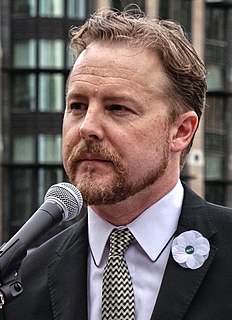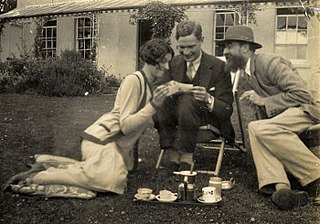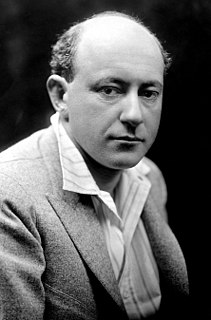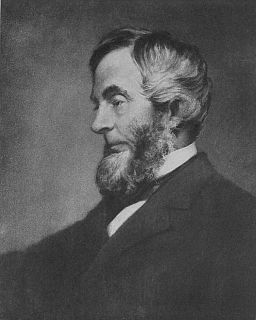A Quote by James Q. Wilson
Without Liberty, Law loses its nature and its name, and becomes oppression. Without Law, Liberty also loses its nature and its name, and becomes licentiousness.
Related Quotes
Freedom cannot always continue in comfort and convenience, cannot be assured without sacrifice, without truth and decency, without willingness to work, without downright honesty and honor, and readiness to keep the commandments and live within the law...there is no liberty without a real respect for law; no liberty if we forget God, or fail to remember the principles on which freedom is founded.
Among the natural rights of the colonists are these: first, a right to life; second, to liberty; third, to property; together with the right to support and defend them in the best manner they can. These are evident branches of ... the duty of self-preservation, commonly called the first law of nature. All men have a right to remain in a state of nature as long as they please; and in case of intolerable oppression, civil or religious, to leave the society they belong to, and ernter into another.... Now what liberty can there be where property is taken away without consent?
But it is important to realize we are all trapped in mental constructs, and so we separate ourselves from reality; the whole world loses its aliveness-or, rather, we lose our ability to sense that aliveness, the sacredness of nature. When we approach nature through the conceptualizing mind, we see a forest as a commodity, a concept. We no longer see it for what it truly is, but for what we want to use it as. It is reduced. This is how it becomes possible for humans to destroy the planet without realizing what they are doing.
Liberty lies in the hearts of men and women; when it dies there, no constitution, no law, no court can save it ... The spirit of liberty is the spirit which is not too sure that it is right; the spirit of liberty is the spirit which seeks to understand the minds of other men and women; the spirit of liberty is the spirit which weighs their interests alongside its own without bias.


































